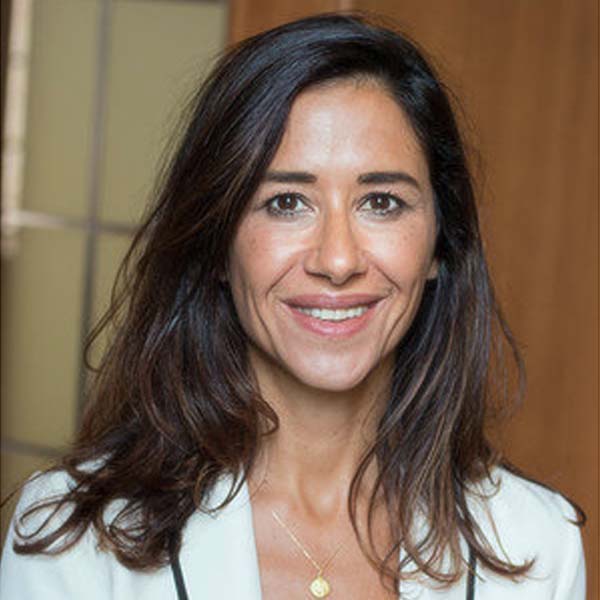In the last five years, ESG (Environmental, Social, and Governance) has morphed from an obscure acronym into a phenomenon that commands trillion of dollars in investments and dominates headlines in national newspapers. Yet, there’s still no consensus among business people, regulators, and scholars on what ESG even means, let alone how to nail it. For ESG enthusiasts, integrating ESG standards into business practices, particularly in the corporate context, is the only way to a sustainable future. ESG critics respond that corporations should stick to their core mission: maximizing wealth. Meanwhile, the term itself has garnered political weight, leading corporate players to pivot from ESG discourse to a more politically neutral “sustainability talk.”
But only because an issue is controversial, it does not mean that we should avoid having conversations around it. As an academic, I can say that the pursuit of significant research hinges precisely on investigating contentious issues – why even try otherwise? Unfortunately, in today’s climate, there’s a reluctance to confront contentious matters, especially in public forums. We, at the University of Arizona Center for the Philosophy of Freedom, believe this is a missed opportunity to grow into being more informed, more open-minded, and eventually better citizens. With this mindset, and in collaboration with the National Review Institute, we are thus taking a proactive approach. On April 3, we are co-hosting a much anticipated debate at the Heard Museum in Phoenix, which will explore the complexities of ESG, while also trying to understand if there is common ground amidst diverse perspectives.
Moderated by former White House press secretaries Ari Fleischer (President George W. Bush) and Robert Gibbs (President Barack Obama), the ESG debate promises to transcend partisan divides and foster constructive dialogue. True to our mission, we will present contrasting ESG visions from experts in the corporate, regulatory, government, and nonprofit sectors – including Andrew Behar, CEO of As You Sow, the nation’s leading non-profit practitioner of shareholder advocacy and engagement; Kevin Hassett, the 29th Chairman of the President’s Council of Economic Advisers and senior adviser to National Review’s Capital Matters, Sandra E. Taylor, former SVP of Corporate Responsibility for Starbucks and Founder and CEO of Sustainable Business International; and Kimberly Yee, State Treasurer of Arizona.
“Are corporate leaders rightfully expected to be responsible leaders? What does that even mean?;” “Is neutrality the right or wrong corporate position?” “What do you think of the SEC’s new climate disclosure rules?” These are just a few of the questions you can anticipate at the ESG Debate. We should all aim to have the knowledge to tackle them directly. Because regardless of any rebranding attempts, ESG isn’t likely to vanish anytime soon. And if it does, it is worth understanding why.
This is a community event, free and open to the public. However, seating is limited, and registration is required. Register now to reserve your seat at the debate.
Saura Masconale is the Freedom Center Associate Director and Assistant Professor of Political Economy and Moral Science.


